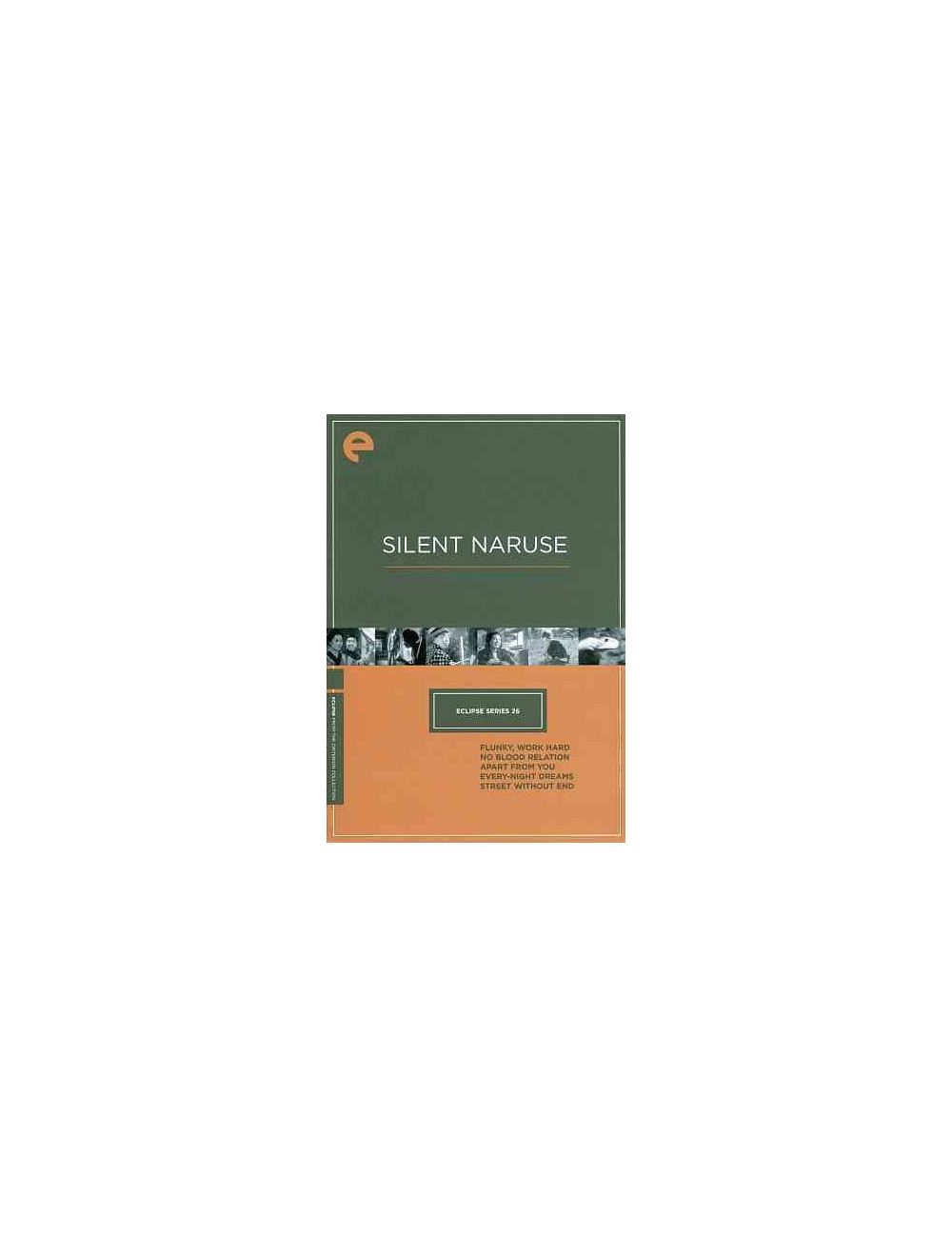Mikio Naruse’s earliest film in circulation is a charming, breezy short about an impoverished insurance salesman, Okabe, who is desperate to sell a policy to a wealthy family, and his scrappy young son, whose fisticuffs among the other boys of their village put Okabe’s livelihood in jeopardy. This rare Naruse film about a father and son hints at some of the fluid technical experimentation that would come to define his first films.
1931
28 minutes
Black & White
Japanese intertitles with English subtitles
Silent with optional score
1.33:1 aspect ratio
No Blood Relation (Nasanu naka)
An actress returns to Tokyo after a successful stint in Hollywood to reclaim the daughter she abandoned years before—with the help of her gangster brother. Yet the child’s father, and especially her nurturing new stepmother, won’t give in to the mother’s demands so easily. With its mix of maternal melodrama and expressionistic flourish, No Blood Relation is a gripping example of Mikio Naruse’s cinematic boldness, and features a screenplay by Ozu’s famed collaborator Kogo Noda.
1932
79 minutes
Black & White
Japanese intertitles with English subtitles
Silent with optional score
1.33:1 aspect ratio
Apart from You (Kimi to wakarete)
For Apart from You, Mikio Naruse turned his camera on the lives of working women, which he would continue to do throughout his long career. Here, he contrasts the life of an aging geisha, whose angry teenage son is ashamed of her career, with that of her youthful counterpart, a lovely young girl resentful of her family for selling her into a life of ignominy. This gently devastating evocation of women’s limited options in Depression-era Japan was a critical breakthrough for the director.
1933
60 minutes
Black & White
Japanese intertitles with English subtitles
Silent with optional score
1.33:1 aspect ratio
Every-Night Dreams (Yogoto no yume)
A single mother works tirelessly as a Ginza bar hostess to ensure a better life for her young son. Her long-lost husband returns, vowing to find work and take care of both her and the child, yet his presence only complicates matters in this atmospheric study of lower-class life set in the dockside neighborhoods of Tokyo. Mikio Naruse’s Every-Night Dreams is a formally ravishing drama about the desperation of daily living.
1933
65 minutes
Black & White
Japanese intertitles with English subtitles
Silent with optional score
1.33:1 aspect ratio
Street Without End (Kagirinaki hodo)
Mikio Naruse’s final silent film is a gloriously rich portrait of a waitress, Sugiko, whose life, despite a host of male admirers and even some intrigued movie talent scouts, ends up taking a suffocatingly domestic turn after a wealthy businessman accidentally hits her with his car. Featuring vividly drawn characters and an audacious commentary on politics and class in 1930s Japan, Street Without End is a grandly entertaining melodrama that brought Naruse deftly into the sound era.
1934
88 minutes
Black & White
Japanese intertitles with English subtitles
Silent with optional score
1.33:1 aspect ratio










